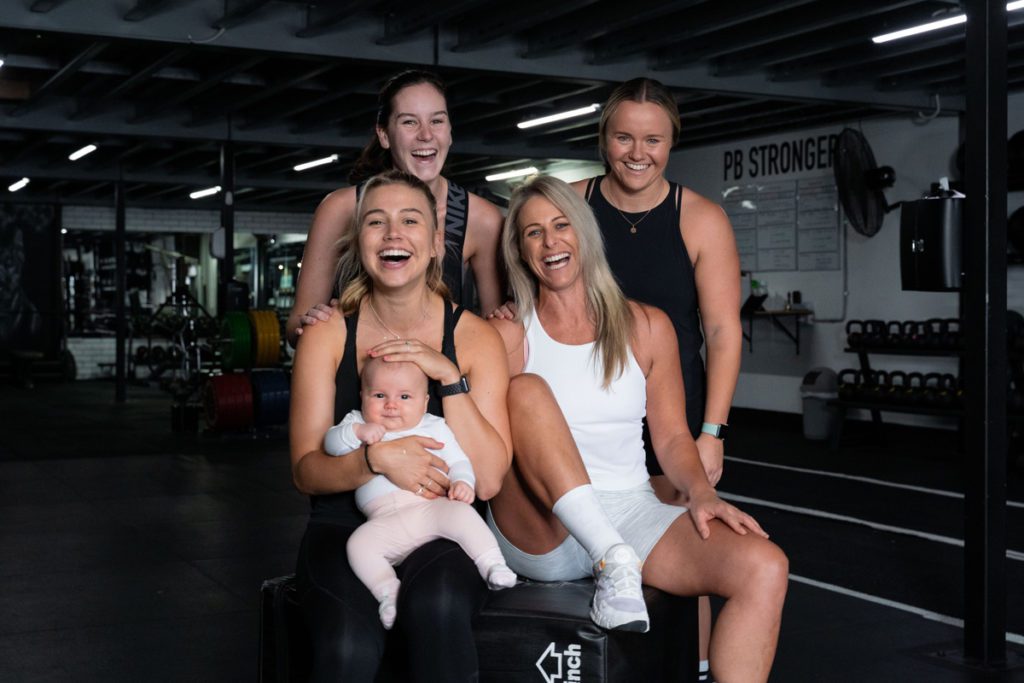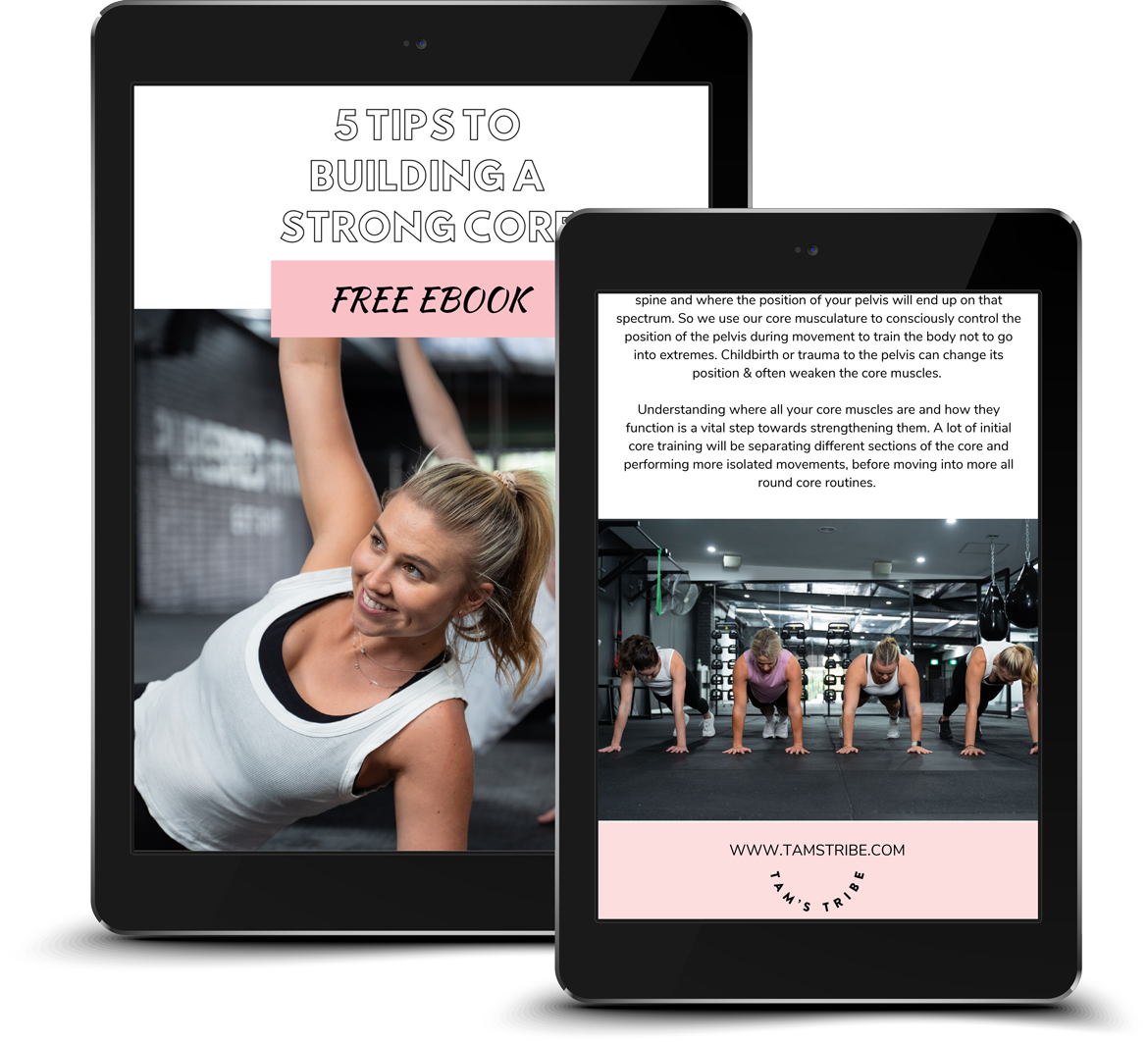I have been looking forward to sharing this chat with you for a while. You all know I am a huge advocate for women lifting weights and the benefits strength training has for women both physically but also mentally and emotionally.
I share a passion for aligning with other health professional to share our message about women lifting heavy weights and feeling strong and empowered.
If you’re unsure about starting strength training or you’re keen to lift heavier or maybe even compete in a strength sport then keep reading cause I sat down with my dear friend and incredible coach Graham McDonald and I think you’ll love what he had to say.
And now over to our guest blogger Graham McDonald from McDonald Strength.
Can you introduce yourself to our readers and let them know what you do?
Im Graham. I coach Powerlifters, Strongman competitors, gen pop clients and high performance athletes. I’ve competed in strength sports for 10 years, starting with Powerlifting after the end of my Rugby Union career, where I competed for Australia at the 2015 Commonwealth Championships, 2016/2017 Oceania Championships and being successful in my class at each event winning Gold.
I gravitated to Strongman competition in 2017 and have competed at National level in my age and weight class.
I opened McDonald Strength Sports Preparation Solutions in Brisbane in 2015. During my time as a coach, I have been fortunate enough to coach 5 Powerlifting World Champions, had my clients achieve World, Commonwealth, Oceania and National records.
Since then, I moved to Wollongong to pursue new opportunities and to rebuild a team of athletes who have the potential to achieve greatness in their chosen fields.
How long have you worked as a Powerlifting & Strongman coach? What led you to working in the industry and what is your favourite thing about what you do?
I have been a full time coach for 8 years now, doing casual gym PT work before that in remote mining camp gyms.
My greatest joy in coaching is seeing clients achieve things they thought were impossible for them.
How would you program differently for women in strength sports as opposed to men?
Female athletes traditionally are never over-confident. The biggest and most critical tool in training female athletes is to allow them to see the evidence of their potential. They are also way more resilient than males in most situations. They will accept that certain things will take time and they will work tirelessly towards that goal. That being said, female athletes will overtrain and not recognise it. They will blame themselves for not being “good enough”. However, their fatigue management process is never ideal and more often than not, that’s the cause of their expectations not being achieved.
Do you find women are comfortable speaking about their pelvic health within the strength sport industry? And do you think there is enough being done about this within the industry especially amongst coaches?
It’s still a very sensitive issue. It takes a lot of trust to discuss any issue regarding the areas of the body that are considered “reproductive areas” with a Doctor, let alone with a PT or coach. To be fair, it’s also something that isn’t evident by visual assessment or an obvious area of underdevelopment or dysfunction. I, for one, am very delicate when I broach this subject with my female clients. Often, if there is an issue ie; LBL, the client feels like they are faulty or incompetent. This is categorically untrue. How can you learn how to use muscles you’ve never connected with if you’ve never been taught to do it properly? It is also incorrectly thought that only women who have endured pregnancy and childbirth are the only ones affected. This, again, is completely incorrect. Regardless of your reproduction status, like any muscle group, there can be inefficiencies or inconsistencies in the way it functions.
I would like to see more done towards being able to diagnose and treat pelvic issues more quickly, earlier in the training careers of these athletes. If we can diagnose other muscular issues with scans and external media, why hasn’t this become readily available for this as well? Well, it is readily available. There are many “Women’s Health” professionals now who are able to do all the diagnosis through scanning. I’d like to see open and transparent dialogue around the accessibility of this, become normalised.
What are some of the common injuries you see women faced with in strength sports?
Strength training, whether male or female, should not create injury. However, there is an inherent risk with “overloading”. All muscular development requires overloading to progress. Whether it’s overloading in intensity, volume, fatigue or total output. This overloading often highlights underlying issues that were not evident before the overloading phase.
Women, in my experience, tend to break down through the posterior chain. It could be environmental or cultural, where so much emphasis is directed towards “Booty Gains” and training programs are weighted heavily towards posterior work. As a secondary issue, the small joints in women tend to sustain more regular injury ie: wrists, shoulders, elbows. As the muscular development occurs, I don’t feel enough time is taken to consolidate and condition the tendons/ligaments. It’s not by design, it’s just the muscles grow faster.
What do you think the benefits are of women lifting heavy weights?
Empowerment, confidence, self-belief, and physical improvement.
I once did some work with Dr Mandy Hagstrom, head of medical research at Sydney Uni. Her and her team undertook a study of the benefits of resistance training in women prior to surgery required for breast cancer. This study looked at the outcomes of women who had the misfortune of having to undergo mastectomy surgery.
The subjects who participated in resistance based training historically prior to diagnosis and surgery, had a significantly increased recovery rate from the initial surgery, were better able to recover from reconstructive surgery post mastectomy and were generally through the whole ordeal faster and better recovered than those that were sedentary. If that alone is not a reason to train heavy for a female, with breast cancer rates becoming higher, then I don’t know what is.
What is one thing you think is misunderstood when it comes to women lifting weights?
Lifting heavy DOES NOT , I repeat, DOES NOT make you look masculine.
What would be your advice for women wanting to start lifting weights or get into powerlifting or strongman training and/or competing?
Get help. Learn from the best you can afford.
Surround yourself with the best athletes you can find.
Find your people. And as a community, you all grow together.
Try everything. Fear nothing.
Trust your body, it’s very capable of amazing feats.
Give us the best advice you’ve ever heard (or your own) for female lifters?
Don’t let goals and targets become expectations.
If you don’t meet expectations, it becomes a failure to comply.
If you don’t hit a target or goal, it doesn’t disappear, you can always do more towards it.

